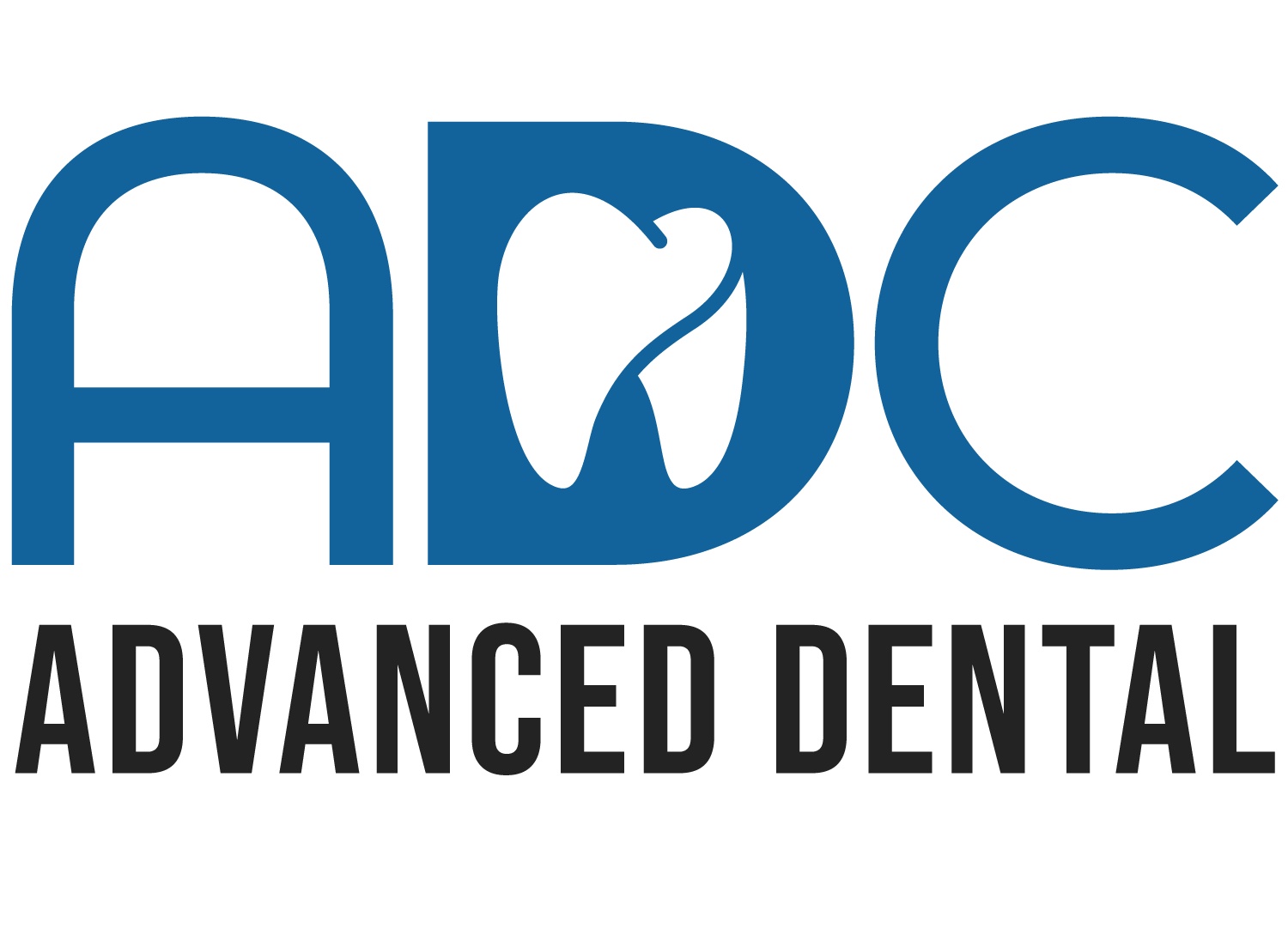Whether you are a young, middle-aged or an older adult that needs to replace one tooth, several teeth, or all your teeth, there is a dental implant solution for you. With the exception of growing children, dental implants are the solution of choice for people of all ages, even those with the following health concerns: Existing Medical Conditions: If you can have routine dental treatment, you can generally have an implant placed. While precautions are advisable for certain conditions, patients with chronic diseases such as high blood pressure and diabetes are usually successful candidates for dental implant treatment. Gum Disease or Problem Teeth: Almost all implants placed in patients who have lost their teeth to periodontal disease or decay have been successful. Currently Wearing Partials or Dentures: Implants can replace removable dentures with a fixed bridge, or they can be used to stabilize and secure the denture, making it much more comfortable.
Dental Implants Frequently Asked Questions
2. How long after a dental implant is placed can it be used to anchor my new teeth?
We believe that it is possible, for selected patients, to load the implants right away. However, the general protocol is that we allow 2 to 4 months of healing, depending on the density and the volume of the bone.
3. Do I have to go without my “teeth” while the implants are bonding to my jaw bone?
In the vast majority of cases, patients will never go without replacement teeth during the healing time of implants inside the jaw bone. However, every patient and procedure is evaluated separately, so there might occasionally be a recommendation that a patient go without their prosthesis for a short period of time.
4. What can go wrong with dental implants?
There are very few but rare complications with dental implants: -They can fail to integrate into the bone and come out. -They can fracture or break. -There can be problems with the connection between the implant and the prosthesis. -There can be an infection or an inflammatory condition in the soft tissue and bone as a result of the implant placement. -There can be damage to the nerves in the lower jaw. -There can be damage to the maxillary sinus or the nasal cavity. All of these complications are rare and usually account for less than 5% of all dental implant treatments. These complications can usually be easily corrected.
5. Does it hurt to have dental implants placed?
The actual procedure to surgically place a dental implant is done under local anesthesia and is generally not at all painful. When the anesthesia wears off about three or four hours later, you may experience some discomfort. The level of discomfort is quite different from patient to patient, but most patients do not have significant problems. Some swelling may also develop. We systematically prescribe efficient medication against anxiety (oral sedatives) and pain for before and after the procedure to reduce the level of discomfort as much as possible.

